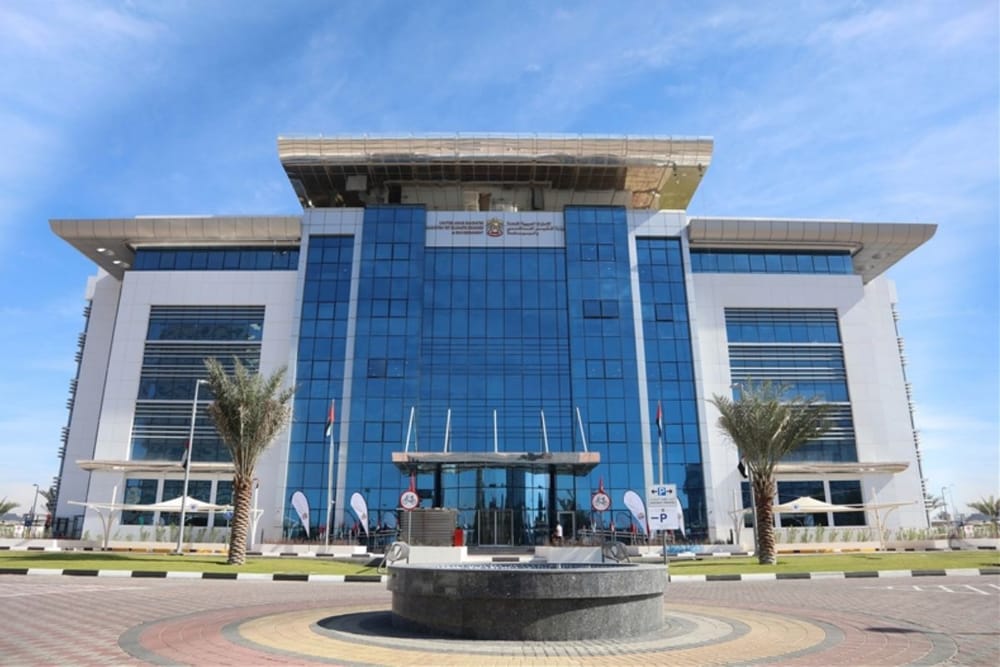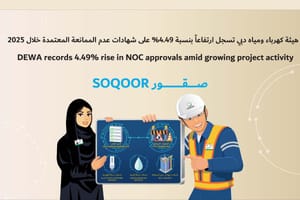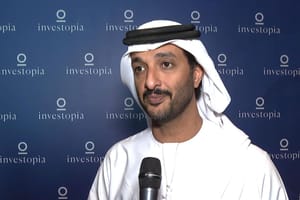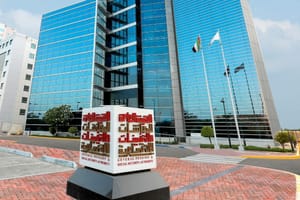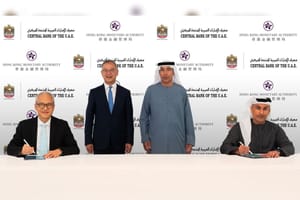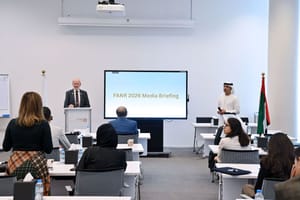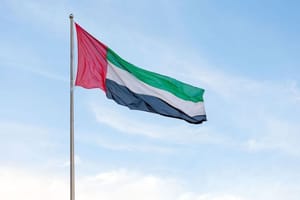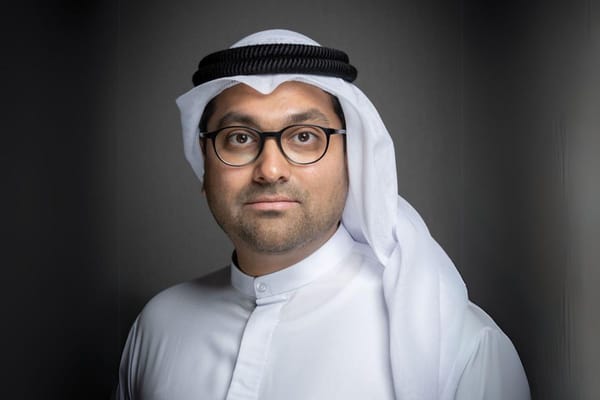The National Dialogue for Climate Ambition (NDCA) initiated by the Ministry of Environment and Climate Change have provided a platform for managing constructive discussions and exchanging ideas and perspectives among stakeholders and partners from both the government and private sectors on ways to enhance environmental sustainability and mitigate the impacts of climate change.
During the recent period, the ministry organised the NDCA and the National Dialogue for Food Security, resulting in a set of initiatives, solutions, and commitments that support the country's goals for comprehensive and sustainable economic development. Additionally, the ministry announced the launch of the first National Dialogue for Veterinary Medicine under the theme "Enhancing Veterinary Services' Capabilities in the Country."
Climate Ambitions
The Ministry of Climate Change and Environment launched the NDCA initiative with the aim of raising ambitions across all sectors and enhancing their participation in achieving the goals of the UAE's Strategic Initiative to achieve climate neutrality by 2050.
The meetings within the dialogue aimed to identify sustainability expectations and climate action at the sectoral level, focusing on innovative technologies and solutions that contribute to accelerating the pace of work, and identifying key players in each sector, especially from private institutions.
The dialogue identified 4 proposed initiatives to reduce carbon in the cement industry sector in the country, including an initiative to reduce reliance on limestone in cement production and rely on other environmentally friendly alternatives such as calcite. It also included an initiative to enable the use of renewable energy in factories, an initiative to use alternative fuel RDF and energy recovery systems, in addition to an initiative to promote the use and employment of carbon capture, storage, and reuse technologies.
The dialogue discussed global energy prospects and the local sector landscape, shedding light on emerging solutions that help build a climate-neutral energy system, such as clean hydrogen.
The dialogue explored global sustainable financing trends, reviewing its local implementation to identify the necessary tools and mechanisms to support the UAE's journey towards climate neutrality.
In its fourth session, the dialogue witnessed the launch of the Ministry of Climate Change and Environment's "Climate-Responsible Companies Pledge" aimed at enhancing the participation of private sector institutions in the country's emission reduction goals, aligning with the targets of the UAE's strategic initiative to achieve climate neutrality by 2050.
The dialogue dedicated a session to explore the role of the insurance sector in enhancing climate change adaptation capabilities. Another session discussed leveraging green finance to enhance national climate action ambitions. The dialogue focused on accelerating carbon sequestration through nature-based solutions, discussing the UAE's efforts to benefit from blue carbon ecosystems, such as mangrove forests, wetlands, and seagrass areas, to address the challenge of climate change.
Five opportunities were identified in the construction and building sector to mitigate its impact on climate change. These include ensuring the adoption of green purchasing practices through the implementation of standards that promote partnerships with low-carbon product suppliers, updating building systems for new constructions, renovating existing buildings to improve energy efficiency, emphasising the use of solar thermal energy and energy-efficient cooling systems in residential areas, and ultimately reducing waste generation while promoting the recycling of construction and demolition waste.
In its tenth session, the dialogue targeted the industrial sector to enhance its participation in reducing carbon emissions in the UAE. The eleventh session aimed to discuss ways to enhance the sustainability of the transportation sector and its contribution to emissions reduction in partnership with federal and various government entities, as well as the private sector in the country.
In the twelfth session, discussions focused on the National Carbon Registry, aiming to serve as a platform for registering, transferring, and tracking carbon balances resulting from projects and companies in the country. The thirteenth session, titled "Transitioning to Responsible Consumer Behaviour in the Retail Sector," explored enhancing sustainability in the retail sector, integrating it into all activities, propelling it towards climate neutrality, and empowering consumers to play a positive role in this process.
Food Security
In March 2023, the Ministry of Climate Change and Environment launched the first cycle of the "National Dialogue for Food Security." The initiative aimed to discuss various challenges and issues contributing to enhancing food security in the UAE. This involved facilitating constructive dialogue between various stakeholders and partners from both the government and private sectors.
The first cycle discussed the importance of sustainable agriculture, the role of food supply companies in sustaining national farms, promoting food sustainability, innovation in the agricultural sector, and marketing local agricultural products within the context of sustainability.
The ministry highlighted the details of the "National Farms Sustainability'' Initiative during the event. The initiative aims to make citizens' farms a primary source for various agricultural crops and food products for major food supply companies operating in the UAE.
The initiative involves creating a sustainable market for national farms across the country by contracting with government and semi-government entities to supply them with their annual food and agricultural product needs in three stages. These stages include raising the percentage of purchases by contracted government entities to 50 percent of local production by 2023, increasing that percentage to 70 percent by 2025, and reaching 100 percent by 2030.
The second cycle of the National Dialogue for Food Security, themed "Poultry Industry in the United Arab Emirates: Challenges and Promising Opportunities," addressed the challenges facing the poultry industry in the country. It disclosed various data and analyses about the industry's status in the Emirates, including key legislations regulating poultry and animal imports and exports, animal and bird health regulations, animal welfare legislation, wildlife regulation laws, and food safety regulations.
The third cycle of the "National Dialogue for Food Security" took place in June 2023, focusing on the theme "Transitioning to Sustainable Dietary Patterns." The discussions centered around the requirements for transitioning to healthy and sustainable dietary systems, as well as food innovation.
The fourth cycle of the National Dialogue for Food Security, held in November 2023, revealed the roadmap for the Ne'ma, the National Food Loss and Waste Initiative. Ne'ma is a comprehensive action plan aiming to reduce food loss and waste in the country by 50 percent by the year 2030.
The discussions focused on identifying challenges and solutions, mapping hotspots for food loss and waste, addressing comprehensive gaps, and promoting best practices. The emphasis was on mobilising efforts from both the government and private sectors, as well as the community as a whole, to change current consumption habits.
The event featured a presentation on the "Zero Food to Landfill" initiative, highlighting the process of segregating all food materials and reusing or recycling them, ultimately returning them to nature.
News Source: Emirates News Agency
